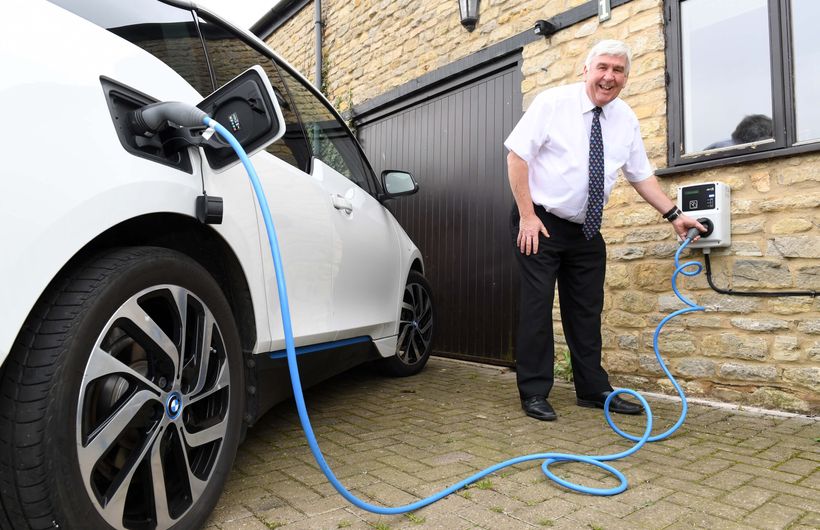UK car registrations fell -20.6% to 124,394 units in the second weakest May since 1992, after the 2020 pandemic-hit market, as supply shortages continued to hamper deliveries, according to the latest figures from the Society of Motor Manufacturers and Traders (SMMT).
However, electric vehicle registrations rose by 17.7% in the month, representing one in eight new cars joining the road last month.
The overall decline in registrations compared with the first full month of reopened showrooms in May last year, demonstrates the impact of continued global supply chain disruptions, with the market 32.3% below the 2019 pre-pandemic level despite strong order books.
While private (rather than company) consumer purchases fell 10.3%, their market share increased year-on-year by 6.1 percentage points to 53.2%. This suggests manufacturers are striving to fulfil deliveries – particularly of electric vehicles – to private buyers where there is more profit, with the commensurate effect on the business and large fleet sectors, which now comprise 46.8% of the market.
Plug-in hybrids declined 25.5%, while hybrids were up 12.0%, meaning deliveries of electrified vehicles accounted for three in 10 new cars.
Mike Hawes, SMMT Chief Executive, said: “In yet another challenging month for the new car market, the industry continues to battle ongoing global parts shortages, with growing battery electric vehicle uptake one of the few bright spots.
“To continue this momentum and drive a robust mass market for these vehicles, we need to ensure every buyer has the confidence to go electric. This requires an acceleration in the rollout of accessible charging infrastructure to match the increasing number of plug-in vehicles, as well as incentives for the purchase of new, cleaner and greener cars.”
 Private buyers are jumping the queue for electric cars
Private buyers are jumping the queue for electric cars 











